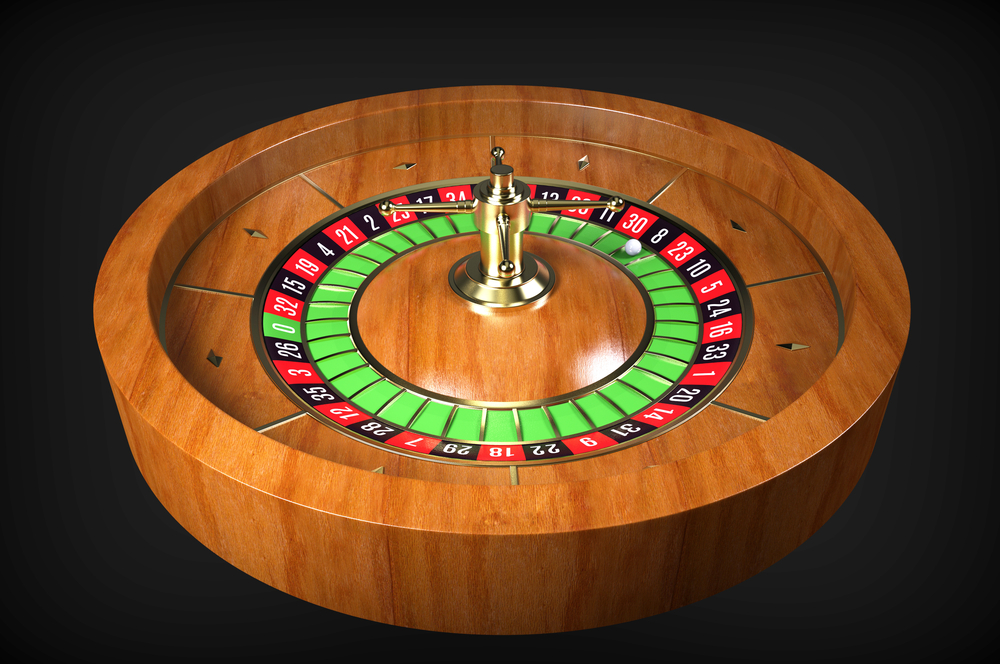Do you have strategies for your roulette games? Every day, online gamblers log in to their accounts tp spin the wheel and hope to beat the odds. Although the house has the upper hand, having roulette strategies can increase your chances of winning.
If you want to play roulette and earn from it, you have to practice and perfect your strategy. Although each approach is different, they can all cause loses if you don’t know when to stop.
What is a roulette strategy?
A complete roulette system comprises of a bet selection and a money management scheme. Roulette strategies consists of mechanical systems that guide the player where and when to bet.
Different types of roulette strategies
The internet is full of roulette systems, ranging from naive, to complicated, safe and practical. Adapting random strategies without extensive evaluation can be damaging to your roulette games. Here are some roulette tips you can use.
Martingale System
The Martingale strategy is probably the most well-known roulette strategy. The primary purpose of the Martingale system is to ensure that by the end of the game, the player has made 100% wins. All you have to do is double on your lost bet until you win.
For example, if you bet £50 and lose, your next bet should be £100. If you have wasted the £100, you double to £200 in the next bet.
However, for the Martingale system to work for you, you must either have infinite bankroll or a very tight money management system. If your bankroll is limited, try placing smaller bets than usual, so that you can last in the game longer.
In fact, the Martingale’s mathematical success variants pushed online casino owners to implement ‘maximum limits.’ Therefore, place small bets at a time, so that you do not exhaust them or reach the limit without a win.
Reverse Martingale
This system is the opposite of the original Martingale. Here, you double your bets after a win and stop betting after a loss. Since you cannot always win, you need to know when to stop and be satisfied with your profits.
D’Alembert
Theoretically, you are supposed to win about the same amount of bet money that you lose, to come out in profit by the time the game ends. The D’Alembert system directs that you begin with an even bet (on odds). If you win, your next stake should be the same amount as the first. If you lose, you have to increase your bet by the same amount.
For example, assuming your initial stake was £10. Winning means your next stake will still be £10. If you lose, your next stake should be £20. If you win after a loss, decrease your stake by one unit, which in this case is £10.
Fibonacci Roulette System
The Fibonacci system depends on the following sequence:
0, 1 ,1, 2, 3, 5, 8, 13, 21, 34
Each number in the sequence represents the stake unit that you should bet. The size of the unit is the initial amount that you stake. The sequence ends either when all numbers have been crossed out, and you have profits or when your bankroll ends, and you cannot bet on the next units.
For example
- 1 unit = £20
- Stake £20 (sequence 1, 1) and lose, next stake is £40 (1 + 1)
- Stake £40 (sequence 1, 1, 2) and lose, next stake is £60 (2 +1)
- Stake £60 (sequence 1, 1, 2, 3) and lose, next stake is £100 (2 + 3)
- Stake £100 and win, cross out 2 & 3 (sequence 1, 1), next stake is £60
La Bouchere
Similar to the Martingale, La Bouchere dictates you bet even money. However, for it to be practical, you need to note own the sequences of numbers. Assuming you are playing to win £20, you are supposed to divide the amount into parts, e.g., 34643.
Calculate how much to stake by adding the first number and the last. If you win, cancel the last numbers and repeat the calculation for your next stake.
Reverse Labouchere
The first and last numbers dictate the best size. Using the same example above a win would turn the sequence to 3 4 6 4 3 6 and a loss would become 4 6 4. When all the numbers have been crossed out, it means you have lost and had to start again.
